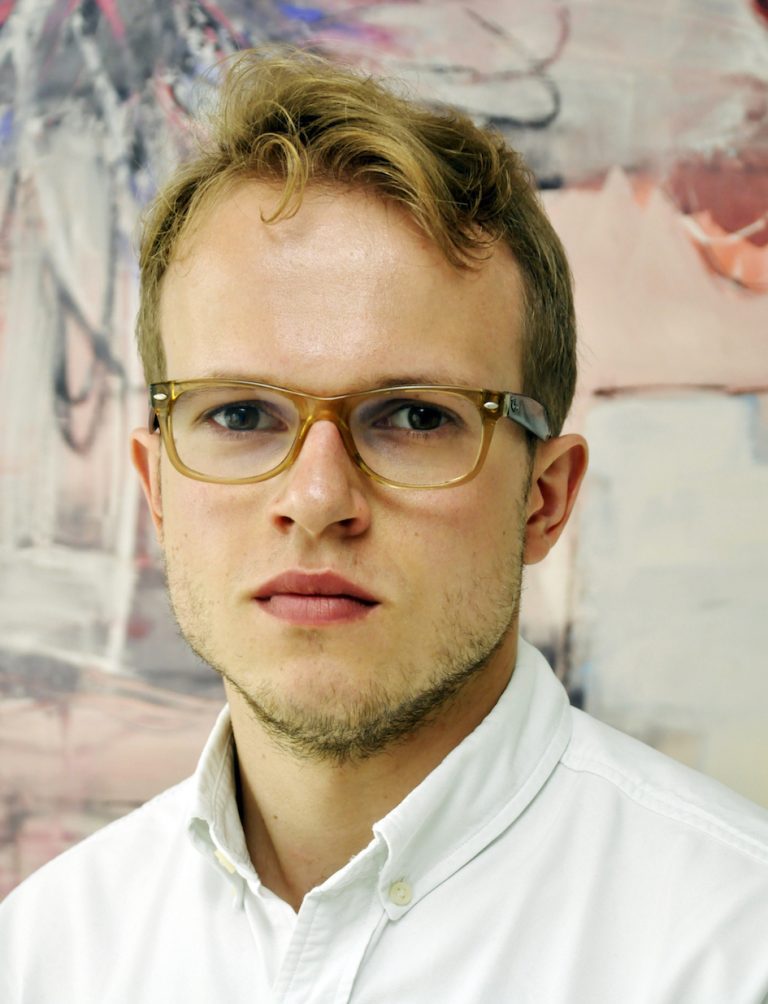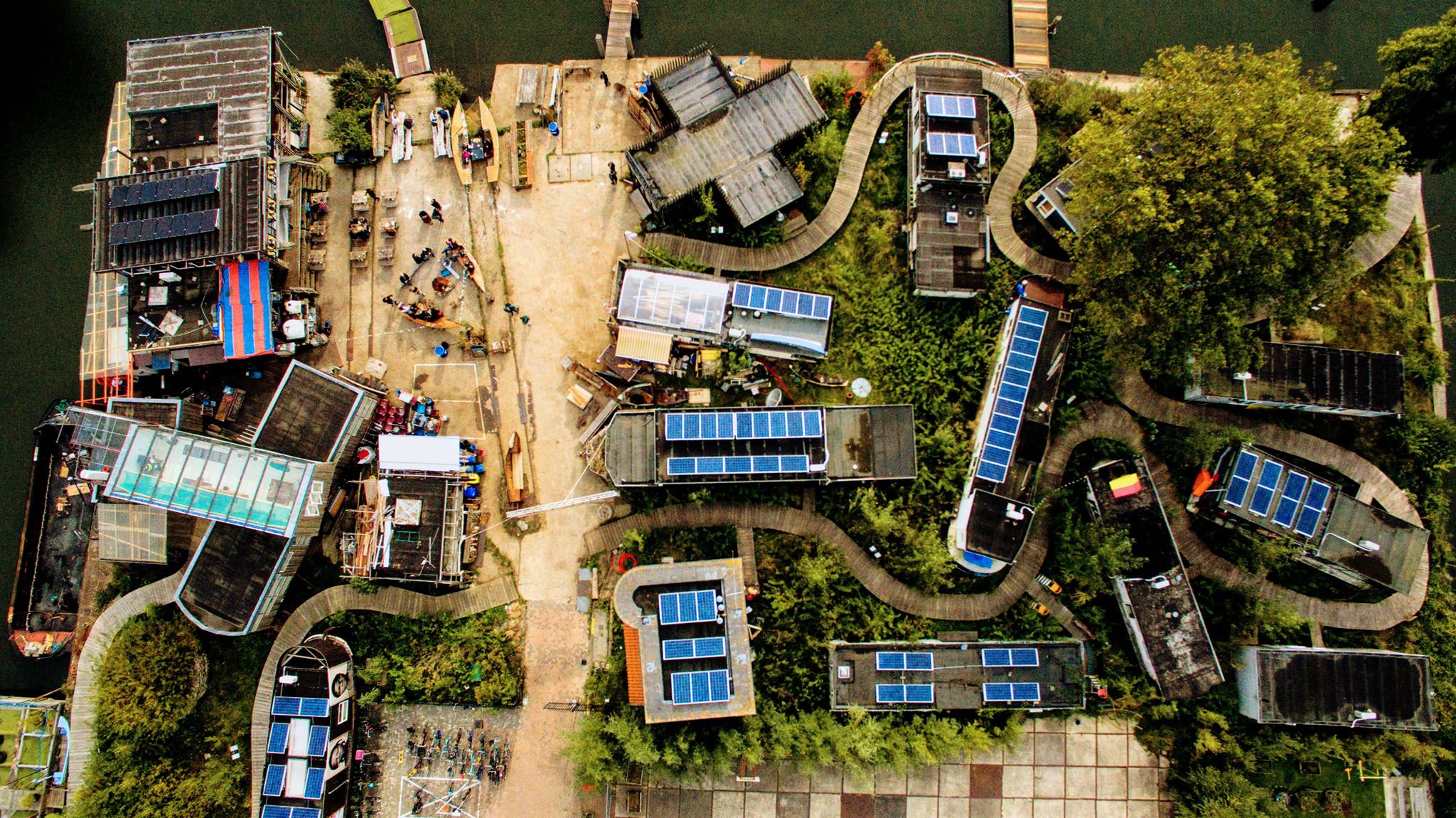Blockchain technology is more than bitcoin. For example, it also enables households to trade energy with their neighbours without intermediary companies.
Solar panels at De Ceuvel Amsterdam. (Photo: De Ceuvel)
Try this next time you want to entertain your friends when you go to a party: ask them about their opinion on the blockchain. Most of them will start talking about bitcoin and using the term interchangeably with blockchain. The ones that have had more time to read will vaguely mention ‘Ethereum’ before switching to the latest boom and bust that the cryptocurrency has experienced.
We all have heard of the fantastic properties of the “open, distributed ledger that can record transactions between two parties efficiently and in a verifiable and permanent way,” as Marco Iansiti and Karim Lakhani call it in their article ‘The Truth about Blockchain‘. Now, the first applications of this wonder-technology have appeared on the energy market.
No intermediaries between you and your neighbour
A local energy market using blockchain technology has emerged in the De Ceuvel community in Amsterdam. This community consists of houseboats that have solar panels installed on top of them. At De Ceuvel, blockchain has helped monitor energy transactions in such a way that if one boat produces more energy than it consumes, while another consumes more than it produces, the oversupply is shifted from the first boat to the second, the net consumer. In such a scenario there are no intermediaries between you and your neighbour – just the ledger which records the transaction. Nobody is buying your electricity only to sell it right afterwards to your neighbour with a sweet and fat margin – utility business model in a nutshell.
Currently, large utility companies dominate the energy market. But where do these companies get their electricity from? Well, they either produce it themselves from their own power plants, or they buy it from power generating companies. All those transactions between energy producers and consumers could be improved by the blockchain technology making these purchases potentially faster and safer. In this case, the blockchain technology would work in tandem with the current market players, where utilities play an essential role in managing energy flows to customers.
So the question is: Who will win? Energy providers or those trying to bypass them? Those craving revolution or evolution? We shall see soon enough. But before we get too excited, let me remind you that the technology is still in the pilot project phase, very far from the mainstream market. And the barriers to its mass introduction are numerous. Do not get your hopes up just yet!
Energy is just one of the sectors where blockchain can be used. TU Delft has just recently opened Delft Blockchain Lab where cutting edge research on the technology with external partners is being continuously conducted.


Author Roberto Francica (Poland, 1994) obtained a bachelor’s degree in Electronic and Electrical Engineering at University College London and is now continuing his master studies at TU Delft in Sustainable Energy Technology. His interests lie in data-driven energy management and solar technologies. He currently works as an associate consultant at a Dutch company, Panteia, working on decarbonisation projects.
Also read Roberto’s article Green shipping on the horizon?.
Delta Lab / Delta Lab offers you the opportunity to share anything you really care about with the entire University community. E-mail us at delta@tudelft.nl.



Comments are closed.